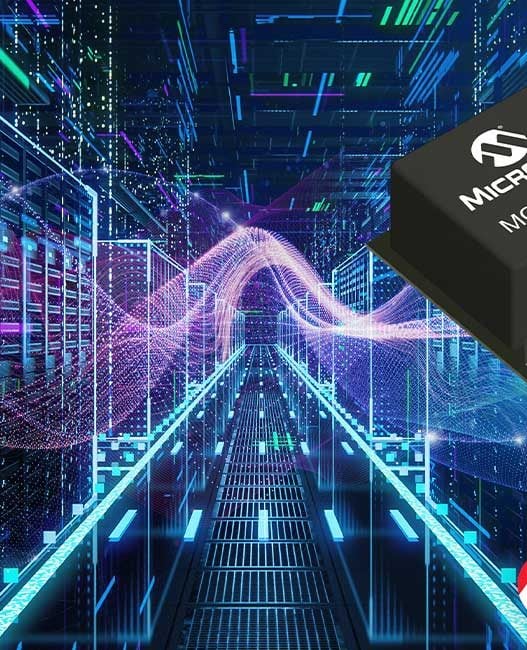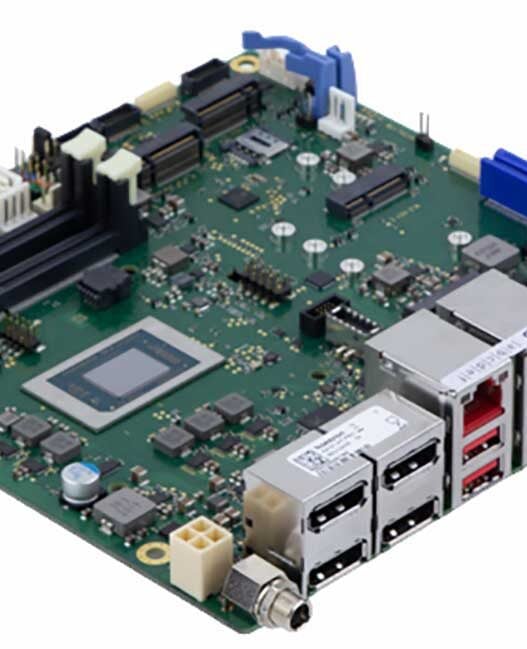The research project, entitled ‘Longer,’ aims to map the typical operating modes of home storage systems and their effect on batteries more precisely than existing software. This will allow the use of available battery capacity to be optimised, while at the same time conserving the battery. The partners’ goal is to achieve a longer battery life, decrease the material input needed, and reduce CO2 emissions at a lower cost.
Research Coordinator at VARTA Storage Benjamin Achzet explained: “Home battery storage systems, today, typically complete 200 to 300 full charge cycles per year and are used almost exclusively to store solar power. In the future, home storage will also be able to act as an ‘electricity trader,’ thus further reducing energy costs and actively relieving the power grid.”
This will require storage systems with higher cycle stability, however. The Longer research project, which will run until the end of 2025, is intended to help prepare storage systems for such new tasks. With VARTA Storage as its coordinator, the project also has support from Fraunhofer Institute for Solar Energy Systems, NOVUM engineering, and TWT Science & Innovation.
AI to model individual battery ageing
How battery storage systems age depends heavily on the number and depth of charging cycles, but also on a variety of other factors, including charging and discharging power as well as ambient temperature. Because both the processes within the battery and user behaviour are very complex, ageing is difficult to estimate using conventional methods. It has to be examined on an individual basis.
Through the Longer project, VARTA is using AI, together with machine learning, to develop models of user behaviour and battery ageing. To this end, programs are being implemented on field test devices of the VARTA.wall home storage system.
A new generation of individualised battery management
The AI is expected not only precisely to analyse load profiles in buildings, but also to learn how the battery should best be discharged or charged in any given situation, in order to operate more efficiently over time. “In the field trial, the AI independently learns how a particular load profile affects the battery and its state of health. Over time, it will be able to predict the state of health, then allowing for predictive control,” said Jens Haupt, NOVUM engineering battery ageing specialist. Such AI-based battery management will thus be able to make optimal use of the battery’s capacity, while also maximising its service life.
Simulation models of storage facilities will be used in the Longer research, too, to test and validate the AI-based operating strategy efficiently in a targeted manner. “Efficient simulation methods – or digital twins – not only allow validation in reasonable time frames, but also the testing of borderline scenarios that are otherwise costly to realise in the laboratory,” explained Alejandro Cárdenas, simulation expert at TWT Science & Innovation.
Instead of following fixed rules, AI finds the best strategy for each use case. “Typical yield and consumption patterns are already known to the AI and it constantly refines them through machine learning. This way, each home gets its own customised energy and battery management. Depending on personal preferences, it maximises self-consumption, minimises CO2 emissions, or optimises for profitability,” added Arne Groß, Fraunhofer ISE software expert.
Through the research, the AI is to be used in storage devices produced by VARTA, which intends to deploy the technology to continuously improve its batteries. The company’s ultimate stated goal is to be able to offer a storage device with a lifetime warranty.















